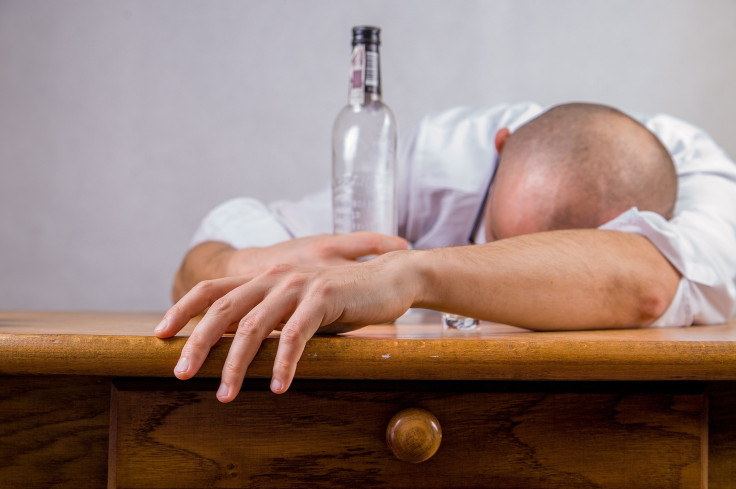Don't Mix Pills With Drinks: Medications To Avoid When Consuming Alcohol
Christmas and drinks go hand-in-hand, but no matter how intoxicating the holiday season might be, it is also important to make sure it is safe, and one way to do this is by avoiding certain medications when indulging in alcoholic beverages.
First, one needs to understand the underlying science behind warnings of avoiding medications while drinking alcohol. According to ScienceAlert, every drug that we ingest makes its way to the stomach from where it is dispatched to the liver. The liver then metabolizes or breaks down the medicine, which now can be absorbed into the bloodstream.
Coincidentally, alcohol is also metabolized within the liver. Now, if both medication and alcohol co-exist in the liver, one can imagine there are bound to be some repercussions. It can lead to drug overdose if the medication is not metabolized completely by the liver. On the other hand, if the medication is metabolized more than is required, less of it may reach the blood, leading to inefficiency.
Moreover, the metabolism of both alcohol and medication may lead to compounded side effects.
However, how one's body reacts to the mixing of alcohol and medication depends on many factors, such as the type of medicine, the dosage, the amount of alcohol, age, sex, genes and general health, according to the outlet.
Women, older people, and those with liver problems are more likely to experience the effects of drug and alcohol mixing.
Central nervous system depressants
Drinking alcohol with medication that depresses the central nervous system can prove to be dangerous. These medications reduce arousal and stimulation. Mixing the two can make one drowsy, slow down breathing and heart rate, and in extreme cases, even lead to coma and death.
Taking more than one of these types of medication, as one can imagine, will increase the chances of these side effects.
Medicines for depression, anxiety, schizophrenia, pain (except paracetamol), sleep disturbances (such as insomnia), allergies, colds, and flu should be avoided.
Zolpidem
Sleeping tablet zolpidem when mixed with alcohol can have some rare and bizarre side effects like sleep-eating, sleep-driving, or sleepwalking, and hence, must be avoided at all costs.
Monoamine oxidase inhibitors
Medicines for treating depression, such as phenelzine, tranylcypromine, and moclobemide; linezolid (antibiotic); selegiline (Parkinson's medicine); and procarbazine (cancer drug) are all monoamine oxidase inhibitors. These drugs only interact with beers with visible sediment, Belgian, Korean, European, and African beers, and homemade beers and wine.
The monoamine oxidase inhibitors restrict the breakdown of tyramine, a naturally occurring substance in these beers. In doing so, the drugs can cause a dangerous rise in blood pressure.
Metronidazole
Some medicines can have effects on the body even after one stops drinking alcohol. An example of this type of drug is metronidazole. This medicine requires avoiding alcohol while using it as well as for at least 24 hours after stopping the treatment.
Acitretin
In this case, alcohol changes related substances in the body. Used to treat severe psoriasis and to prevent skin cancer in people with organ transplants, acitretin changes to etretinate, which is then removed from the body. Alcohol increases the amount of etretinate in the body.
Unfortunately, etretinate can also cause birth defects and a woman of childbearing age is advised to avoid alcohol while on the medicine and even two months after stopping drug intake.

© Copyright IBTimes 2024. All rights reserved.





















